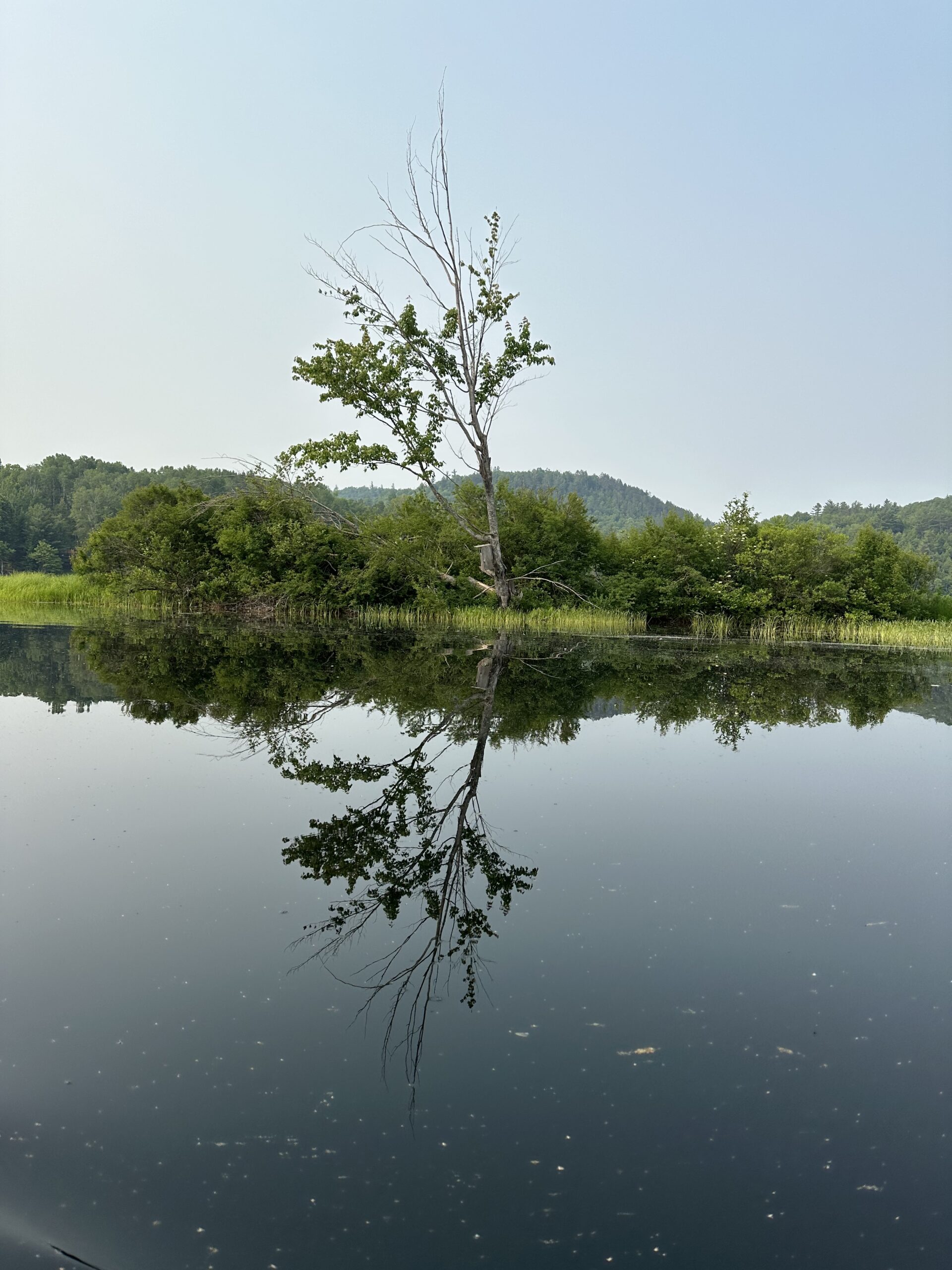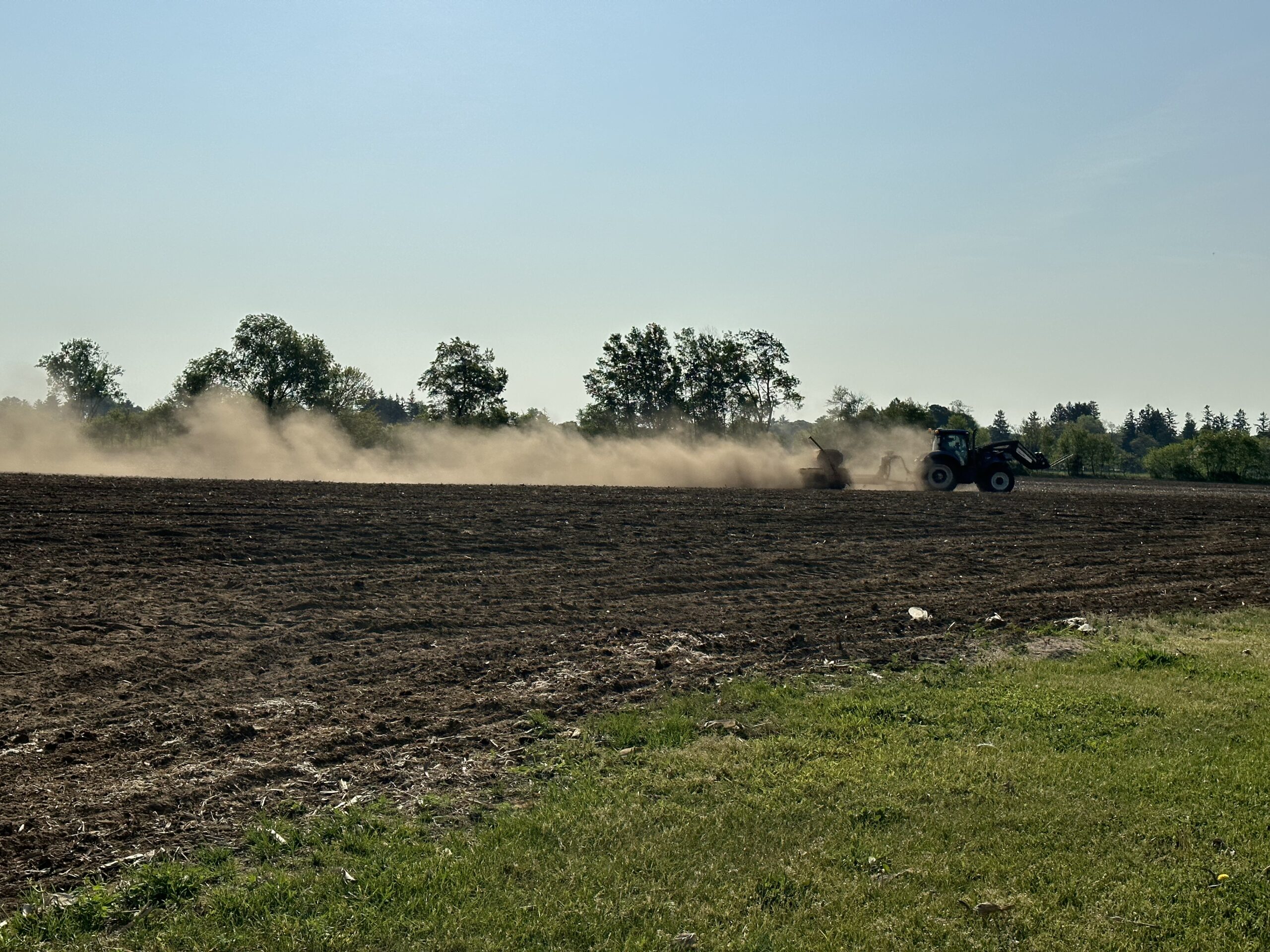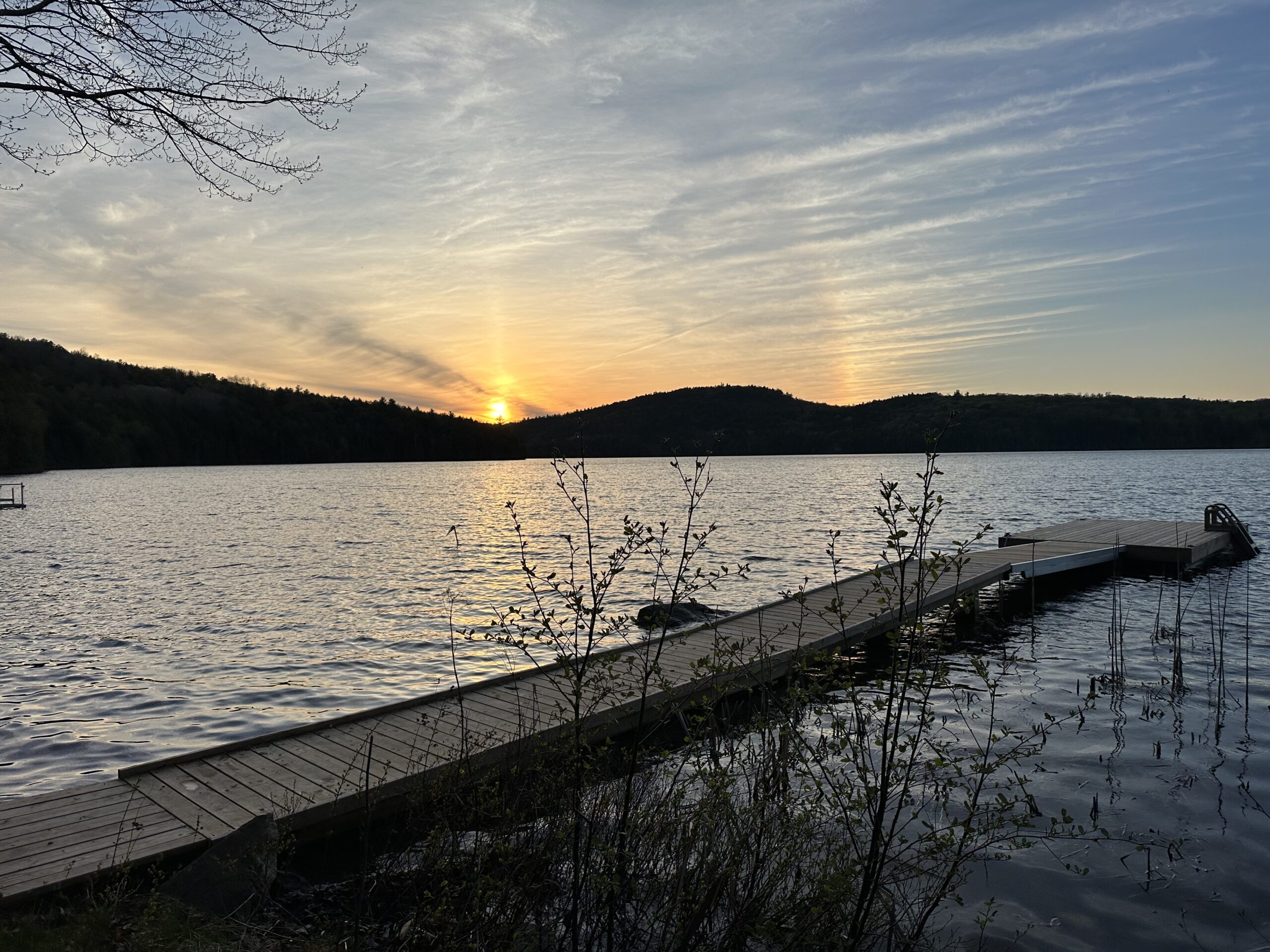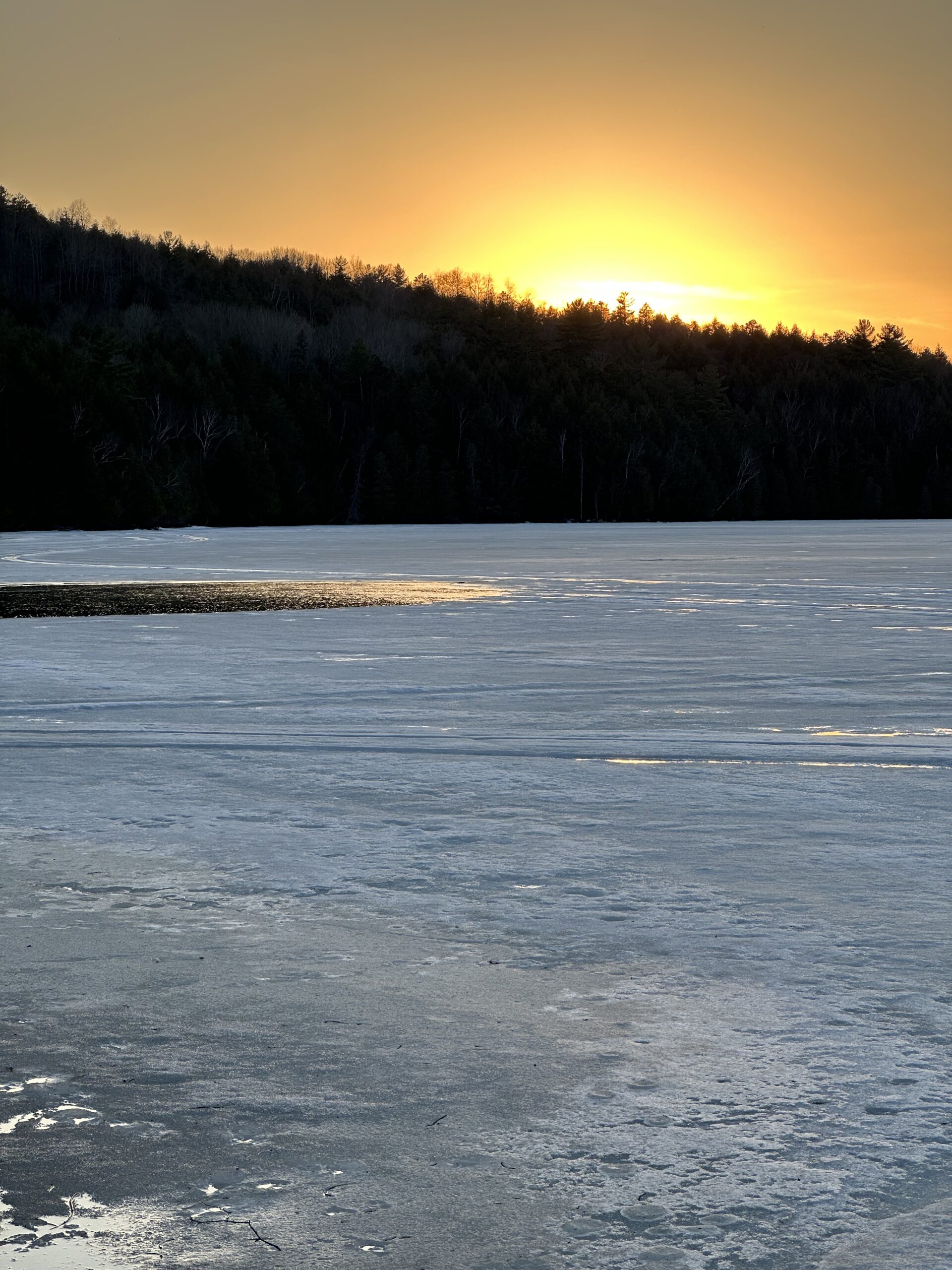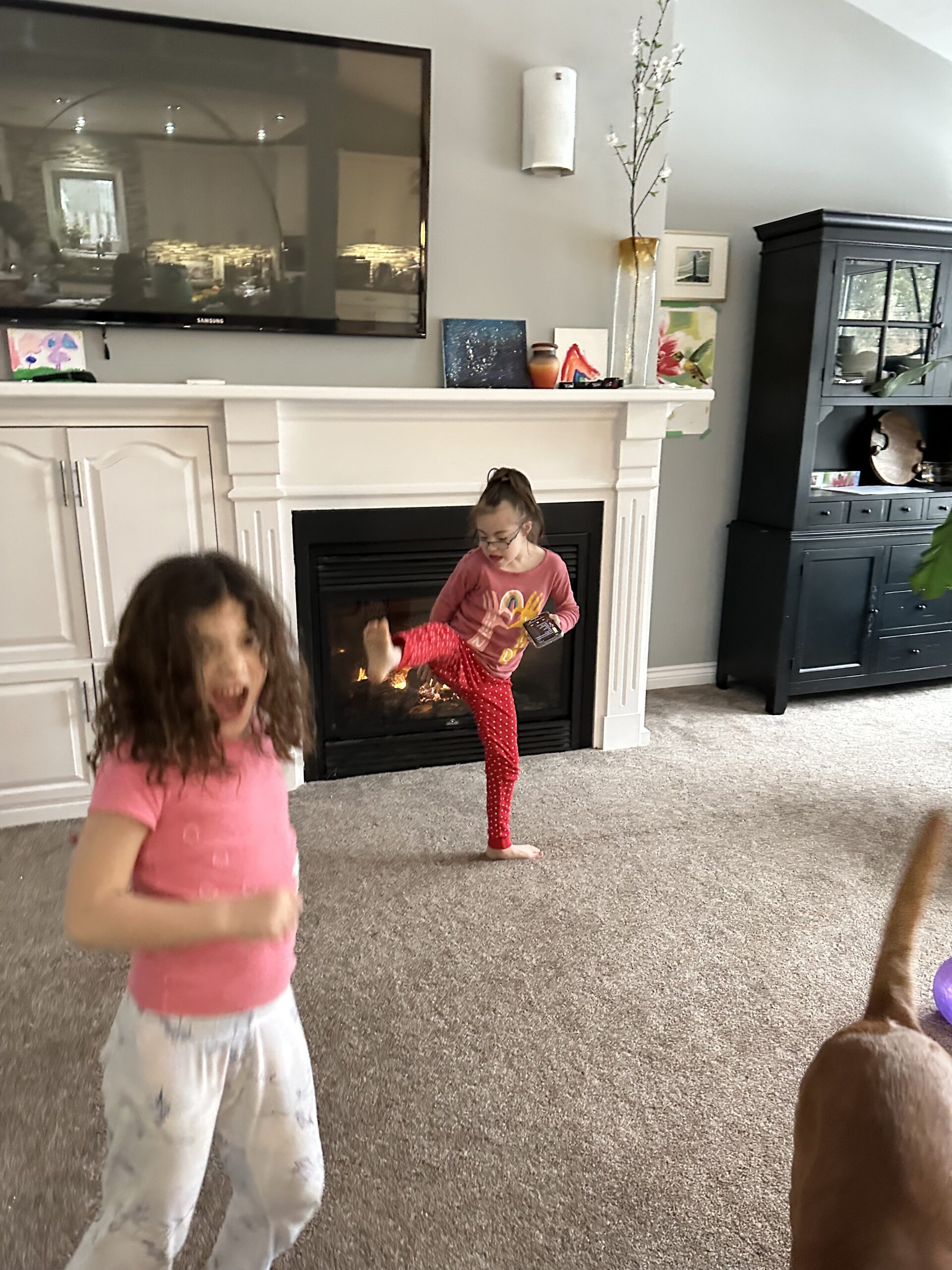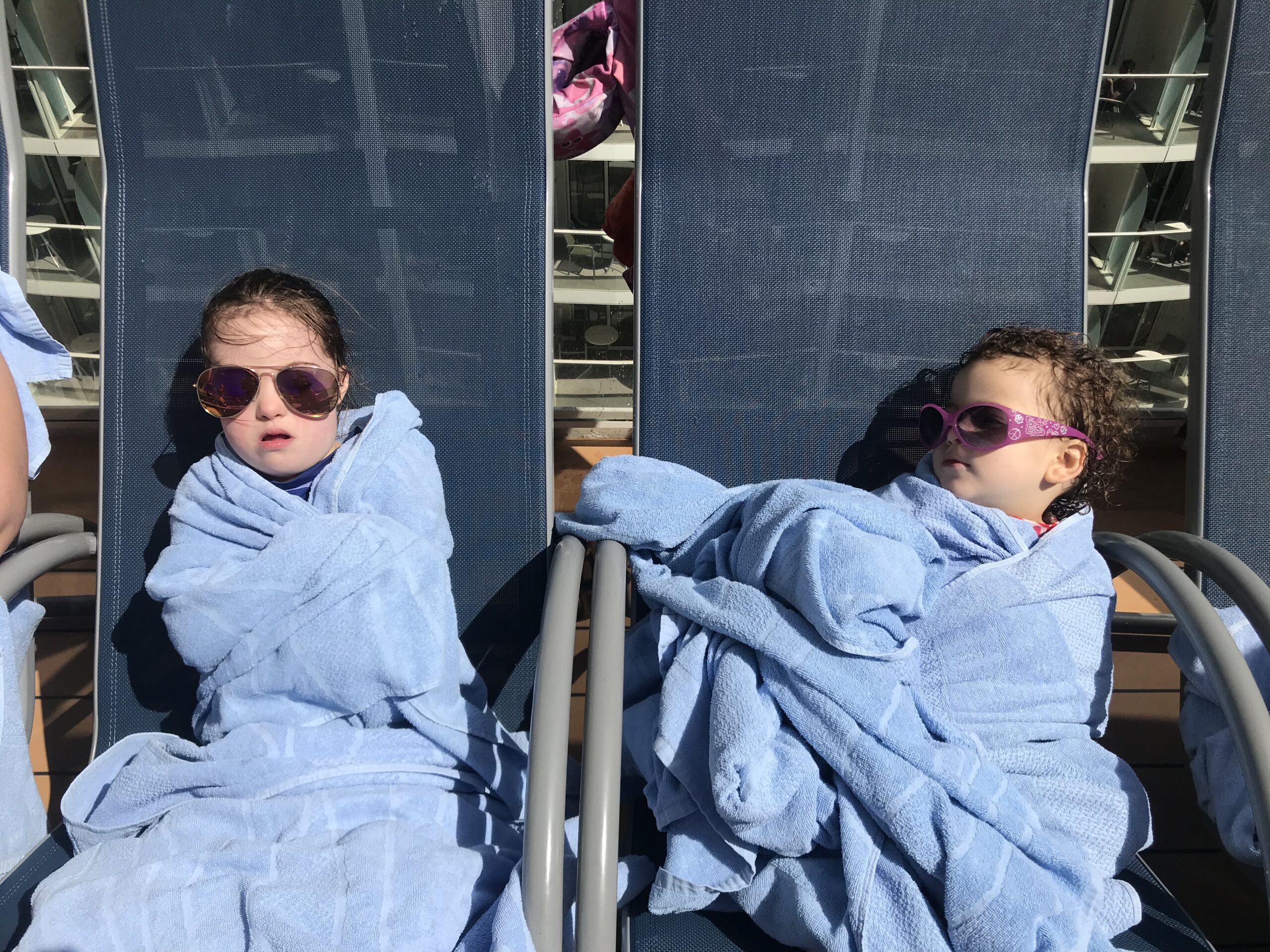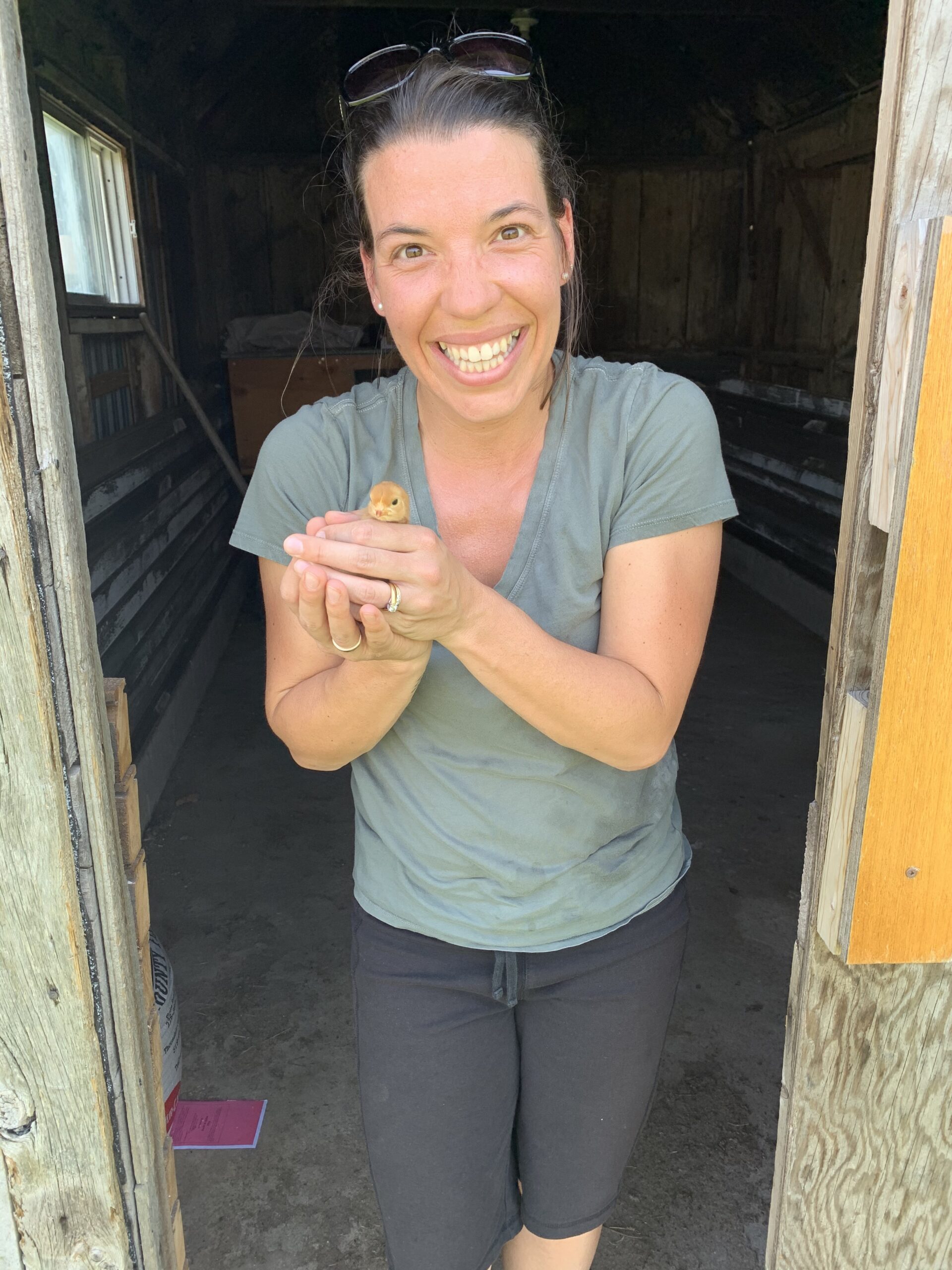I want to tell you something about Greece. I’m here for two weeks, and this place has made an impression, taken hold. I will start with right now, this moment I’m in.
I’m sitting outside in a bamboo chair on a white linen cushion, my feet rest on the cool stone slab flooring of my white adobe style home. Bamboo shoots create a thatched roof overhead, dappled sunlight filters through. It’s 1:00 p.m., seven hours ahead of home time, which means it’s hot, too hot to be out walking around on the scorching sand that forms the dusty road that leads to the beach, only five minutes away on foot. I’m listening to “Summer” (The Carters), the happy cries of nearby children float in on the persistent breeze that blows through the open patio. My view is of Agios Prokopios, Naxos’ most famous beach, arguably one of the best beaches in the world. My hair is damp and dry salty strands fall in my field of vision as I type. A yacht and a handful of sailboats hover on the horizon. Mostly what I see is blue blue sea. Fifty shades. A scattering of umbrellas along a golden stretch of sand that reaches 1.5 km. Directly in front of me, bunches of green grapes with a blush of red attached to a sprawling vine rest on the seriated roof of my neighbour below. Two bright blue towels, hung with care on the chair behind me, flutter like beating hearts. Our door, painted a pale blue the exact colour of the sky, hangs open. If I were to invite you in, we could admire the marble countertops in the kitchen and bathroom commonly found in Greece, and feast on the rich colour of the bougainvillea bush outside my bedroom window or gaze longingly at the sea. I could explain how long it took me to understand that nothing but human waste goes in the toilet—no, not even toilet paper.
Come back outside with me for a moment, back to the Aegean Sea and the pale blue sky. Not 20 minutes ago, I had the best swim of my life. Ariel and I walked the length of the beach, about 25 minutes, to eat at a creperie in town, and then Ariel, who didn’t feel like swimming, took on the role of porter for our things while I turned in the direction of the sea.
Coarse sand balances my weight; the first step at shore’s edge, toes submerged, sends a chill up my spine, which is a relief because I’m sweating from the blazing sun. I pause momentarily, then a few more steps and I’m in up to my chest. I can see down to my toes. As I propel myself forward, an open expanse of crystal-clear water unfolds. If you are a person who loves swimming, as I am, then I don’t have to tell you there is no greater joy than the ‘good part’ of a body of water, the place best for swimming without obstacle. Here, the good part doesn’t end. No debris—seaweed or rocks or visible wildlife or otherwise. The water cool, but not cold—refreshing. No waves, save for the occasional gradual swell, a joyful rising, not unlike the feeling inside my body as I make my way down the coastline, waving to my daughter on shore who cools her legs in the gentle breaking surf. I swim and swim and swim, passing the occasional Greek or Italian, and swim some more for over a kilometer. A more gorgeous swim, I cannot imagine. The person who designed infinity pools has visited a Greek beach, perhaps this one, I am sure of it.
My eyes have grown accustomed to the salty water, and I submerge completely and stroke my arms one, two, there, four, five, six. Resurface for breath. Ariel beckons me back to shore. I depart, having completed my journey along the wide horseshoe. The sea’s fingerprints trace down the length of my body, leaving its salty residual, my hair crispy and clumped and wild. I walk to the outdoor shower to rinse off, slip on my flip flops, then clop the five minutes home.
I am Poseidon’s handmaiden now, lured into the sea’s cradle like men drawn by the sirens’ whispers. Poseidon, mighty Olympian who presides over the sea, I aim to serve. Even apart, the wind, its saline brine, carries reminders of the sea.
Likely I will make it back to Canada—likely. But if I do not, blame the gods.


